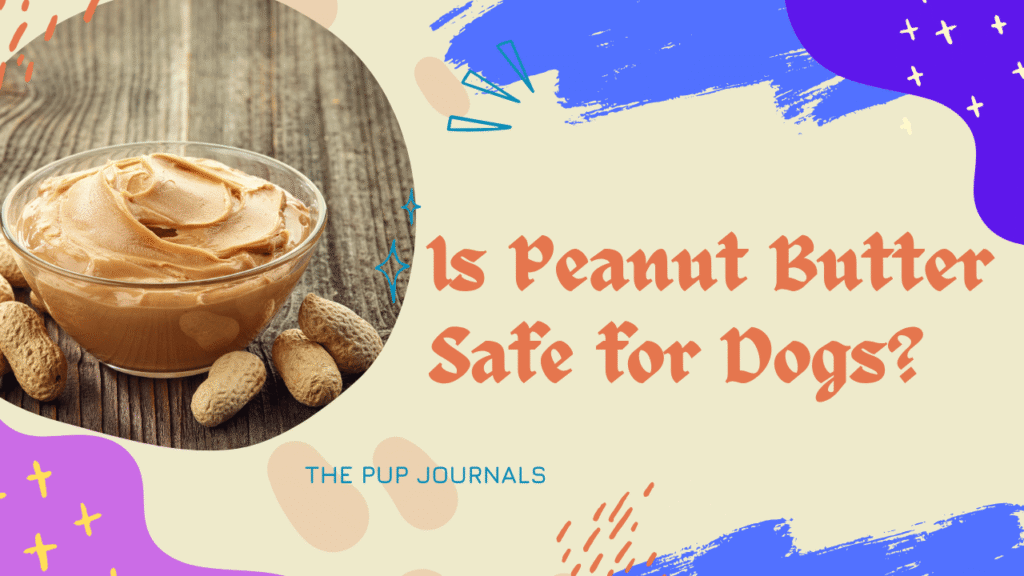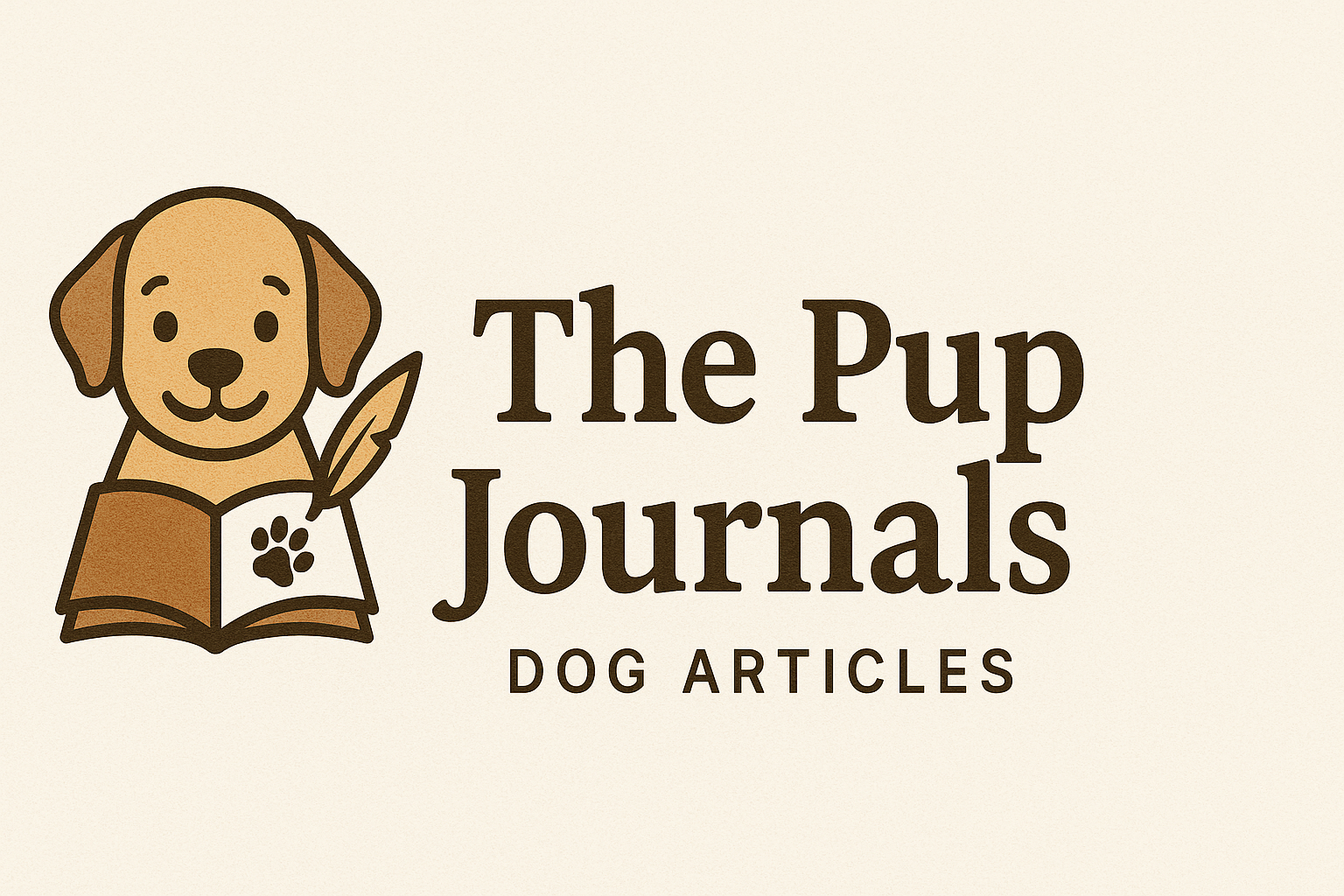
Introduction
Peanut butter is a delicious snack that many pet parents offer as a special reward or enjoyable treat. You may have wondered, “Is peanut butter safe for dogs?” This guide will help you find the answer. We’ll explore the pros, possible dangers, and smart ways to give your dog peanut butter safely. You’ll also discover how to pick a dog-safe brand and the best methods to serve it.
What Is Peanut Butter?
Peanut butter is a thick spread made by crushing roasted peanuts into a smooth or chunky paste. Many people enjoy it on toast, in desserts, or straight from the spoon. For dogs, it’s more than just a tasty snack—it’s also a useful tool for hiding pills or stuffing into puzzle toys. But not every peanut butter is the same. When asking, “Is peanut butter safe for dogs?”, it’s crucial to check what’s inside.
Can Dogs Eat Peanut Butter?
The short answer is yes—dogs can safely enjoy peanut butter. Peanut butter is packed with protein, good fats, and essential vitamins like B and E, which help keep your dog active and healthy. But remember—moderation is key. A small amount is plenty. Feeding too much can cause weight gain or digestive issues.
Always double-check the label before sharing. Ask yourself, “Is this peanut butter safe for my dog?” Choose only brands that are free from dangerous ingredients. The biggest threat is xylitol, a sugar substitute that is extremely toxic to dogs, even in tiny amounts. Avoid any peanut butter that contains xylitol or other artificial sweeteners. Stick to simple, natural options with minimal ingredients for a treat your dog will love—and you can feel good about giving.
How to Pick a Peanut Butter That’s Safe for Dogs:
When choosing peanut butter for your furry friend, keep these important tips in mind:
- Check the Ingredients List: Go for peanut butter made with just peanuts and possibly a small amount of natural oil. Skip any varieties that include added salt, sugar, or preservatives.
- Steer Clear of Xylitol: This artificial sweetener is often found in “sugar-free” items and is highly toxic to dogs. Even a small dose can lead to severe health issues.
- Opt for Natural or Organic Options: Peanut butters labeled “natural” or “organic” usually contain fewer chemicals or processed ingredients—making them a safer choice for pets.
- Watch for Allergic Reactions: Although uncommon, some dogs can be allergic to peanuts. If your pup shows signs like scratching, swelling, or an upset stomach, stop feeding it and contact your vet.
How to Safely Give Peanut Butter to Your Dog:
After picking a dog-friendly peanut butter, the next step is making sure you serve it the right way. Here are some easy and safe ideas:
- Offer It as an Occasional Snack: Peanut butter should only make up a small portion of your dog’s daily calories—no more than 10%. For most pups, one teaspoon to a tablespoon is more than enough.
- Fill a Toy or Puzzle Feeder: Add a spoonful of peanut butter into a toy like a Kong. It keeps your dog entertained and provides mental stimulation.
- Hide Medication: If your dog refuses pills, you can cover the medicine with a bit of peanut butter to make it easier to swallow.
- Don’t Overdo It: Serve peanut butter only as a treat—not as a replacement for meals.
Benefits of Peanut Butter for Dogs’ Health:
When given properly, peanut butter can offer several advantages as a treat for your dog. Here’s why it can be a good addition in moderation:
- Rich Source of Protein: Peanuts provide quality protein that helps maintain strong muscles and sustained energy levels.
- Good Fats for Skin and Coat: The healthy fats found in peanut butter promote a glossy coat and support skin health.
- Packed with Vitamins and Minerals: It contains essential nutrients like vitamin B, vitamin E, magnesium, and phosphorus that contribute to your dog’s overall well-being.
- Encourages Mental Engagement: Filling puzzle toys with peanut butter keeps your dog mentally active and entertained.
Precautions and Risks When Feeding Peanut Butter to Dogs:
Although peanut butter can be a tasty and safe snack, there are some important risks to consider before offering it to your dog:
- Avoid Xylitol at All Costs: The biggest danger is peanut butter containing xylitol, a sweetener that is highly poisonous to dogs. Even small amounts can cause low blood sugar, seizures, or severe liver damage.
- Calorie-Dense Treat: Peanut butter is calorie-rich, so overfeeding can contribute to obesity, which increases the risk of joint pain, diabetes, and heart disease.
- Possible Allergies: Some dogs may be allergic to peanuts. Watch closely for symptoms like itching, swelling, or trouble breathing after giving peanut butter.
- Watch for Unhealthy Additives: Many commercial peanut butters contain added salt, sugar, or preservatives. These extras offer no health benefits and can upset your dog’s stomach or cause other complications.
Being aware of these concerns helps you confidently answer, “Is peanut butter safe for dogs?” Just remember to feed in moderation and always pick a natural, additive-free product.
How to Safely Introduce Peanut Butter to Your Dog:
If your dog has never tried peanut butter before, follow these tips to introduce it carefully:
- Begin with a small amount: Offer a tiny taste first to observe your dog’s reaction.
- Watch for any signs: After the first serving, pay close attention for any unusual symptoms or allergies.
- Check with your vet: If your dog has existing health issues or dietary restrictions, it’s best to consult your veterinarian before adding new treats.
- Combine with other foods: Try mixing a little peanut butter with plain yogurt or spreading it on a slice of seedless apple for a tasty, refreshing snack.
Conclusion:
Is peanut butter safe for dogs? Yes—when you choose natural, xylitol-free peanut butter and feed it in moderation. It’s a tasty treat that can also help with medication or mental stimulation. Always watch for reactions, start small, and consult your vet if needed to keep your dog happy and healthy.



2 Responses